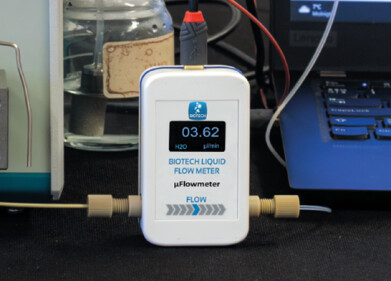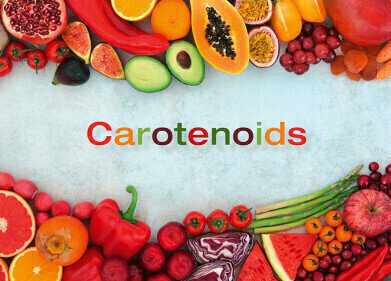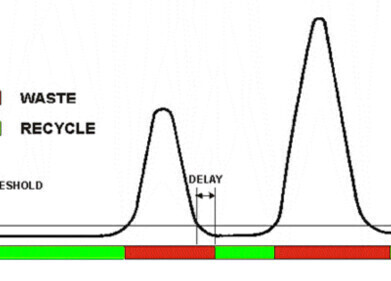HPLC, UHPLC
Incorporating Green Chemistry for Robust, Rugged, Reproducible Methods
Nov 21 2023
Analytical chemistry, particularly separation science, is recognised as a significant contributor to pollution. While not a small feat, it is possible to enhance the environmental sustainability of chromatography without compromising method development.
Anastas’ 12 rules of green chemistry contain several rules that can be applied directly to analytical chemistry including: preventing waste, avoiding chemical derivatives, using safer solvents and reaction conditions, increasing energy efficiency, and analysing in real-time to prevent pollution. Incorporating these green chemistry principles into analytical methods makes them more rugged, robust, and reproducible—all while minimising waste, consumption, and cost.
Considering all aspects related to the method is necessary for a greener approach to analytical chemistry. While some aspects are more difficult to change, there are some easier wins—like implementing proactive problem-solving strategies to ensure that analysts consistently deliver right-first-time results.
Minimising the number of practical experiments greatly reduces solvent consumption and waste generation. Improvements can be made to chromatography methodology to minimise physical experiments with software solutions like Method Selection Suite, which helps:
- Select the Best Starting Conditions—take a structured and rational approach to screening parameters (temperature, pH, gradient) to ensure that the best starting conditions for methods are selected.
- Optimise Methods—create a model from the most promising screening conditions and conduct a confirmatory run, or if necessary, further optimise the method by changing parameters like column length, injection volume, or gradient.
- In-silico Modeling—use standardised in-silico modeling and predict chromatographic separations based on parameters like pH, temperature, and gradient to generate a valid result with fewer physical experiments.
Method Selection Suite combines predicted and experimental information to identify optimised chromatographic conditions—reducing the number of experiments needed for optimisation, preventing waste, and decreasing the environmental impact of final methods. Learn how scientists at AstraZeneca use this approach to create sustainable, robust methods.
Despite best efforts, it is not possible to eliminate practical experimentation in method development and optimisation. However, experiments can be kept to a minimum using strategic approaches like modeling and simulation, making a significant impact on the sustainability of separation science.
Digital Edition
Chromatography Today - Buyers' Guide 2022
October 2023
In This Edition Modern & Practical Applications - Accelerating ADC Development with Mass Spectrometry - Implementing High-Resolution Ion Mobility into Peptide Mapping Workflows Chromatogr...
View all digital editions
Events
ACS National Meeting - Fall 2024
Aug 18 2024 Denver, CO, USA
Sep 04 2024 Chiba, Tokyo, Japan
Sep 04 2024 University of Warwick, Coventry, UK
Sep 10 2024 Rockville, MD, USA
Plastics Recycling World Expo Europe
Sep 11 2024 Brussels, Belgium














